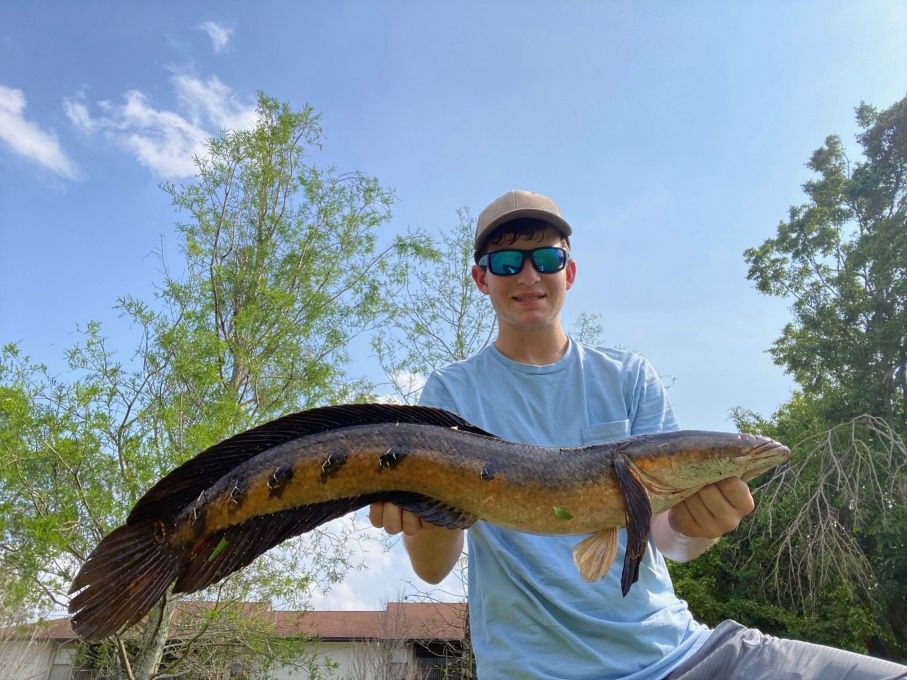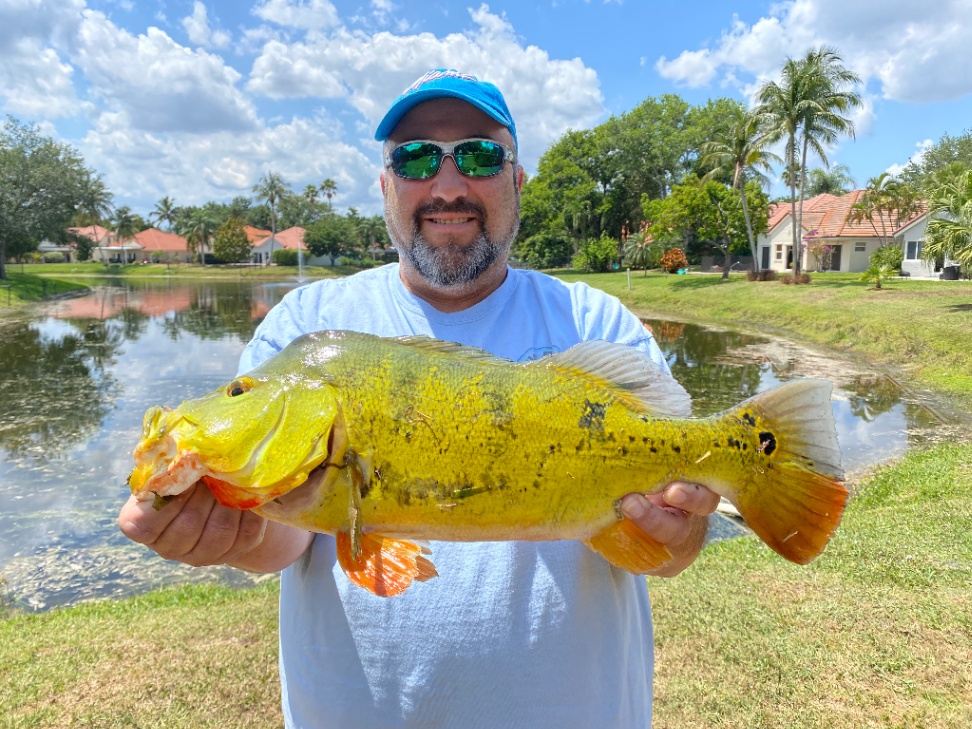Why Shoreline Fishing is a Therapeutic Activity for Children with ADHD: Jake Lewis
Jake Lewis, a fishing guide with ADHD, understands shore and riverbank movements better than most.
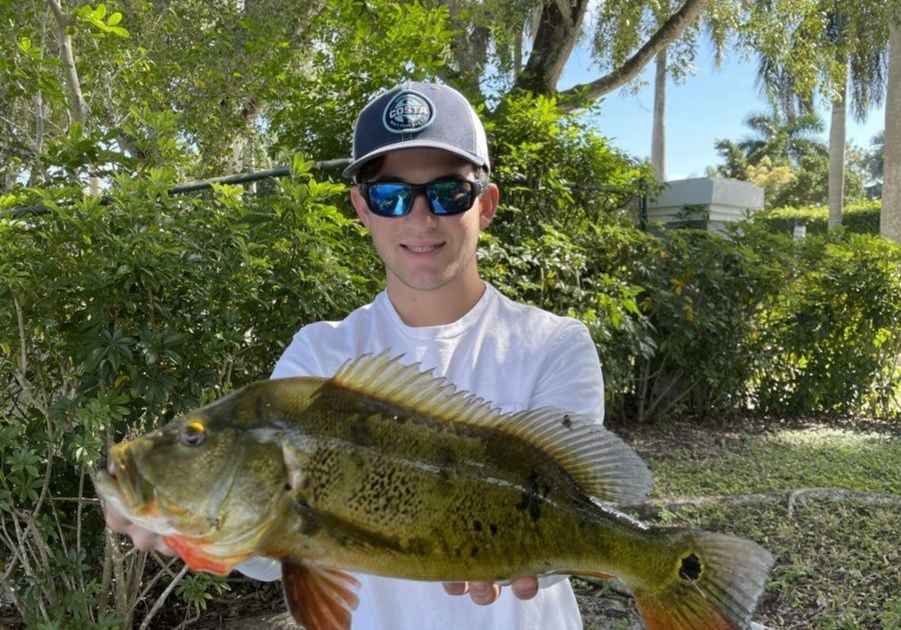
Mayo Clinic defines attention-deficit/hyperactivity disorder (ADHD) as a chronic condition that affects millions of children and often continues into adulthood. ADHD includes a combination of persistent problems, such as difficulty sustaining attention, hyperactivity, and impulsive behavior.
Children with ADHD may also struggle with low self-esteem, troubled relationships, and poor performance in school. Symptoms sometimes lessen with age. However, some people never completely outgrow their ADHD symptoms, but they can learn strategies to be successful.
Parent's Guide: Shoreline and Fly Fishing as Therapy for Children with ADHD
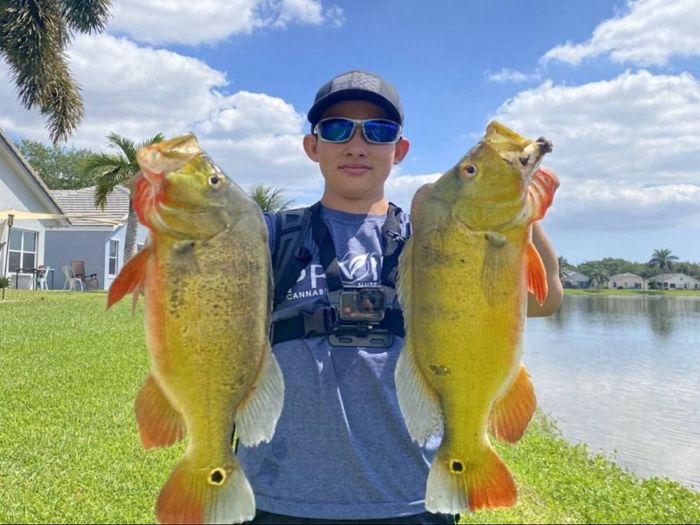
Shoreline fishing is the only sport where you can either sit still in one place for hours or you can walk for miles. It's also very manageable, especially for younger children with ADHD. Just grab a fishing pole, some bait, and teach your kids how to do it.

Fishing is also a great opportunity to teach children about patience and how to deal with disappointment. Children with ADHD often have trouble with these things, but fishing can help them learn how to focus and set goals that will help them be successful in life. Every time a child catches a fish, it's a victory. However, sometimes they will go hours without catching anything.
Shoreline fishing is a wonderful way to teach children about the environment and conservation. Fishing can help children understand that we need to take care of our planet and its resources if we want them to be around for future generations.
Meet Shoreline Fishing Guide Jake Lewis
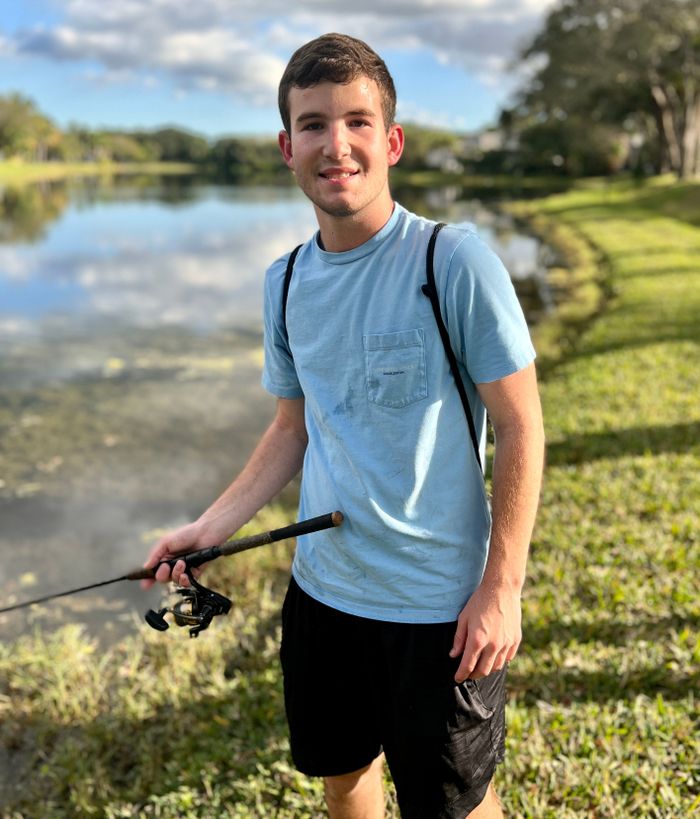
Jake was diagnosed with ADHD (Attention Deficit Hyperactivity Disorder) when he was in kindergarten. He had many of the symptoms such as a lack of focus, being easily distracted, and he did poorly in school. When he was five years old, he was introduced to shoreline fishing in South Florida, which offers amazing freshwater fishing. Florida has a wide assortment of sport fish including Largemouth Bass, Peacock Bass, Bullseye Snakehead, Snook, and Tarpon. For very young fishermen there's also have Sunfish, Tilapia, and Catfish.
When Jake was six years old he caught a 10 lb. largemouth. He was quickly hooked and has been for the past 8+ years. When he's feeling anxious, fishing relaxes him.
Fishing is his 'Zen' place. He is now 18 years old and getting ready to go to college in the summer. His passion for fishing has had a lot to do with his college choices. Jake decided last summer that he wanted to be a shoreline fishing guide to show other fishermen how amazing this sport is. Since he started guiding, one of his highlights was taking some Miami Dolphins out fishing for a day. Jake has done a lot of work with IGFA, including helping to make how-to fishing videos that they distributed worldwide.
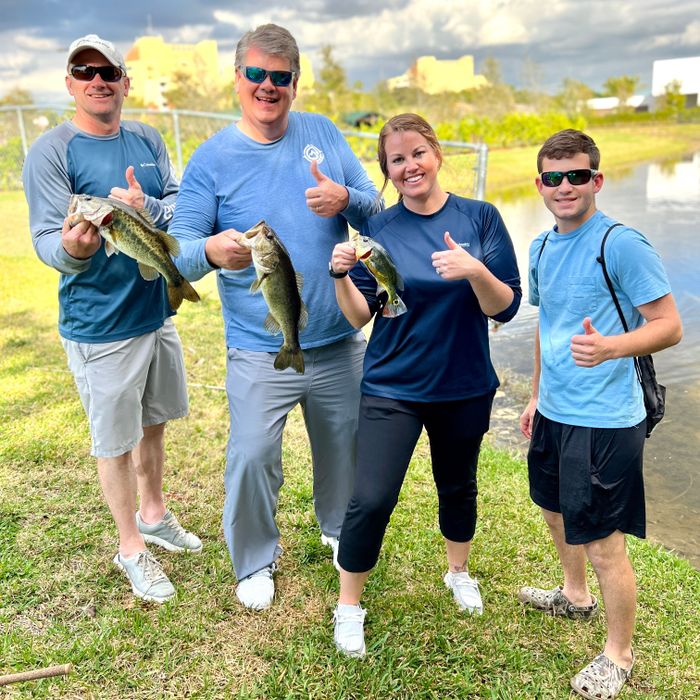
Fly or shoreline fishing is the type of shared activity that truly allows you to slow down, talk, and experience the water, the fish, the weather, and the birds together. Fishing has taken Jake to places all over the US such as Nevada, Georgia, California, New York, Connecticut, Pennsylvania, and Tennessee.

You can book a trip with Jake, who is a professional guide, and he’ll tell you all about it. Book a Fishing Trip with Jake Lewis Today!
Why Shoreline (and Fly) Fishing is a Therapeutic Activity for Children with ADHD
So, what makes this type of fishing ideal for children (and adults) with ADHD? It's your choice- stay put, or walk for miles, discovering and exploring beaches and river banks. This varies from boat or skid fishing, where you’re contained in one place. That sort of experience may feel boring (if the fish aren’t biting) or claustrophobic to your child with ADHD, so for that reason, they aren’t a good idea.
Fly and shoreline fishing are also very manageable activities for younger children with ADHD or those with severe cases. If the experience goes south for any reason, you’re closer to the car or home. It’s also less (and more affordable) gear than some other outdoor sports, like skiing or mountain biking. Simplicity is best when it comes to introducing your child to a new sport or experience.
